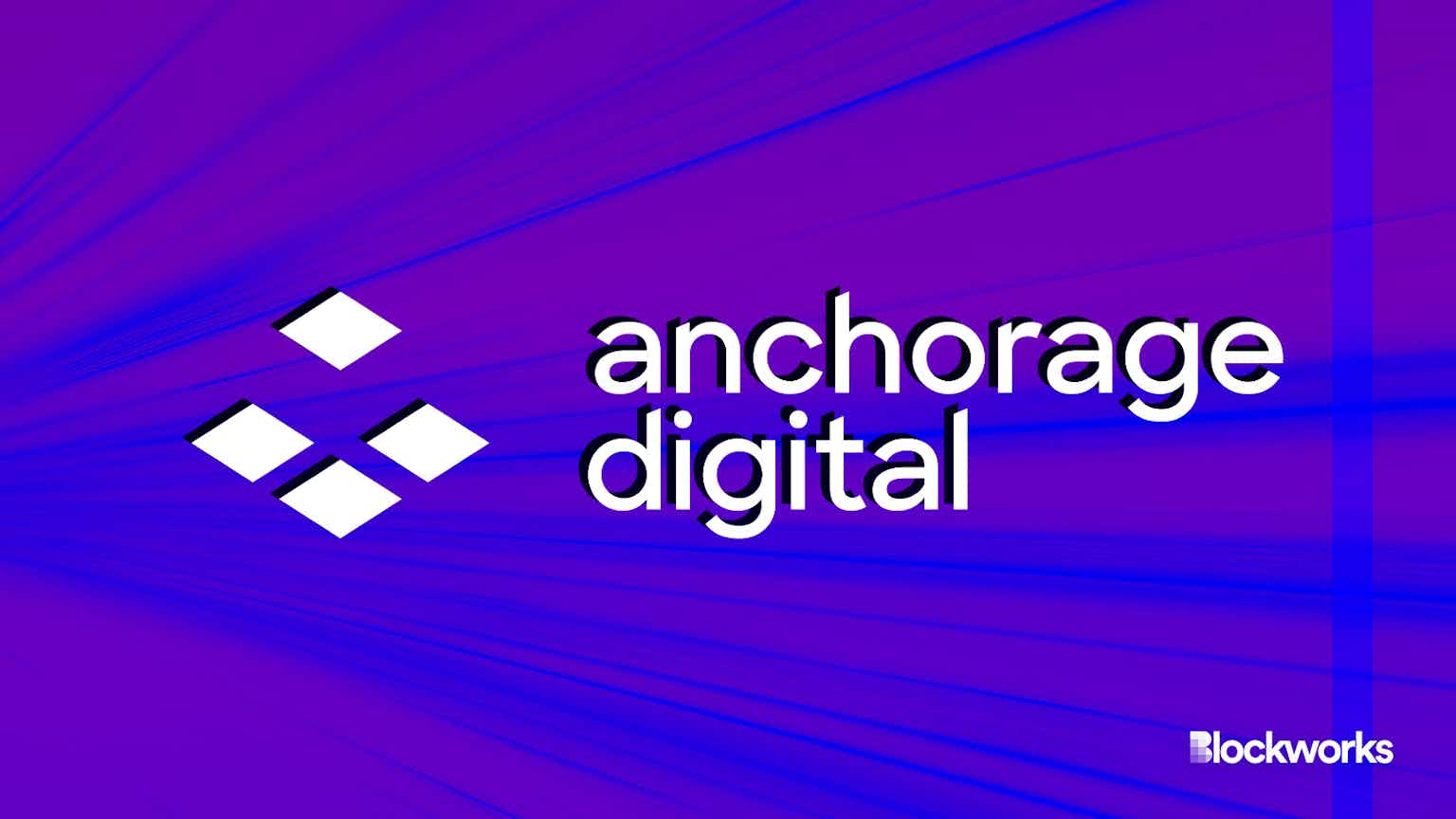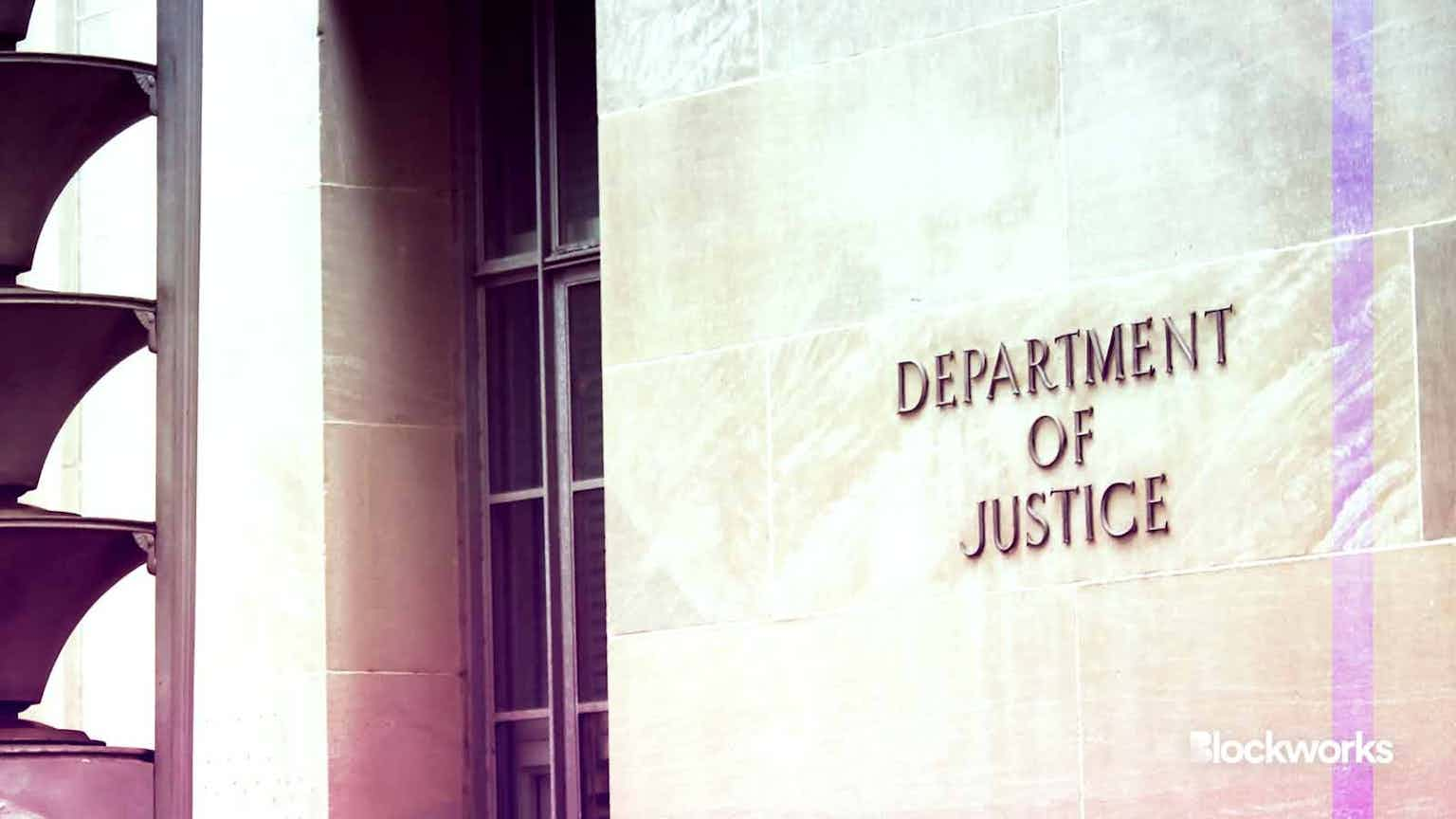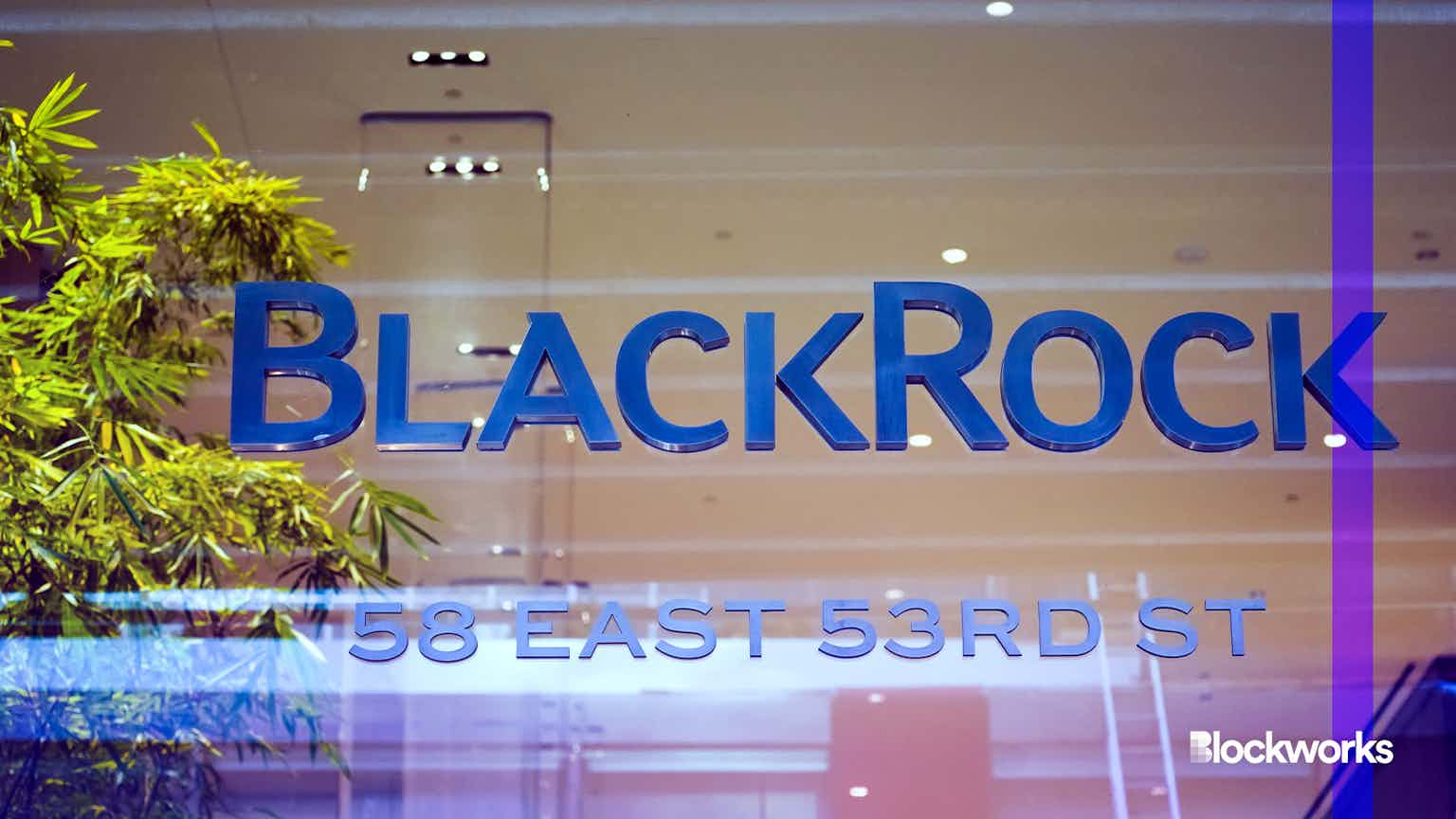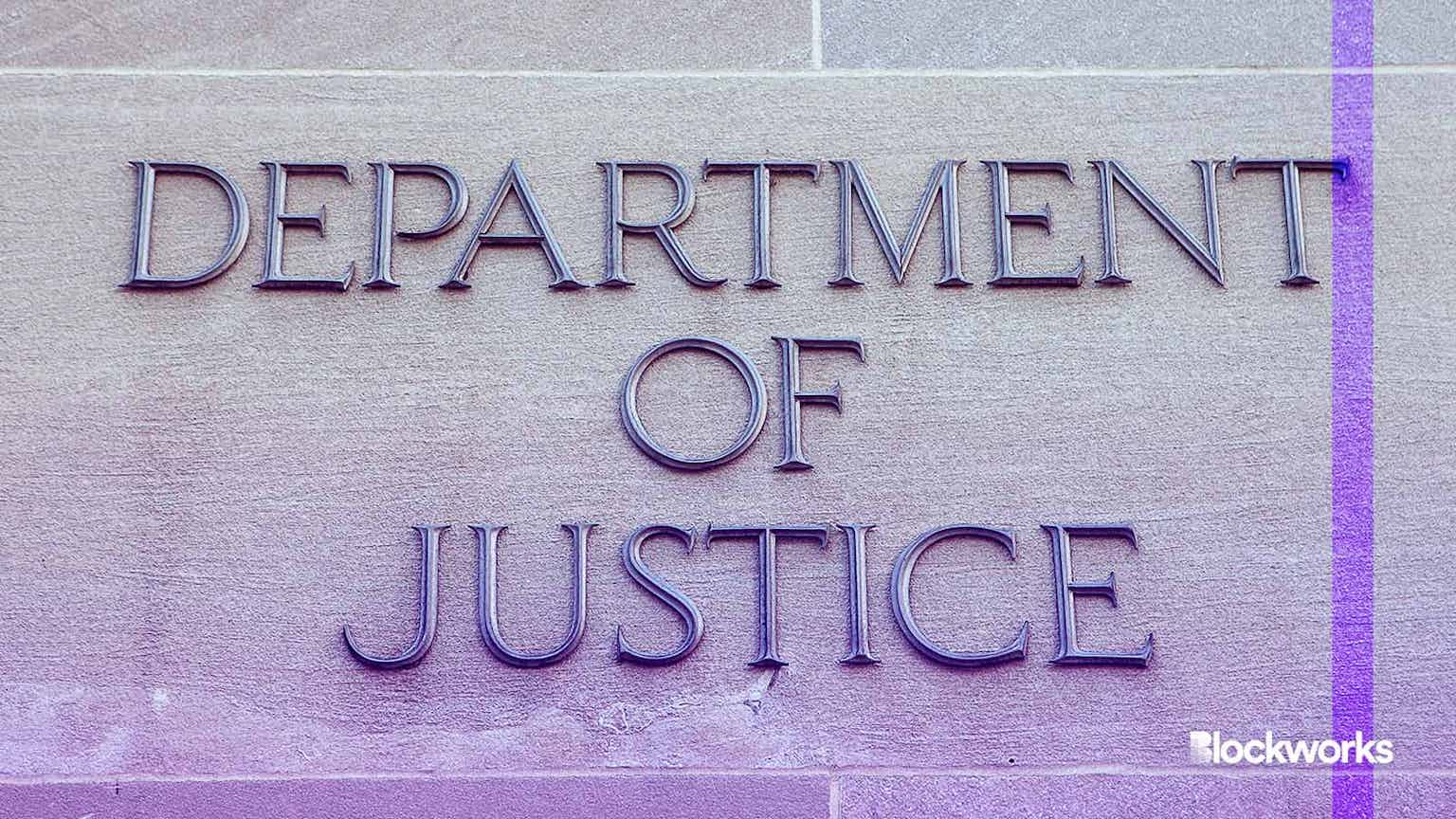Congress Mulling Stablecoin Regulation After Terra Crash
Blockchain Association’s director of government relations said concrete actions likely to come in 2023

Former CFTC Commissioner Brian Quintenz and Blockchain Association director Ron Hammond; Source: Ben Solomon
key takeaways
- Ron Hammond says upcoming elections could interfere with stablecoin legislation as politicians center messaging around other issues
- “Nobody has an answer right now” for how to regulate algorithmic stablecoins, he says
Though the crash of TerraUSD (UST) has “put a fire underneath Congress to act,” according to the director of government relations at the Blockchain Association, he said concrete actions around stablecoin regulation likely won’t come until after the midterm elections.
Stablecoins have historically been a gateway for non-crypto-native members of Congress to learn more about the space, Ron Hammond said during an interview with Blockworks at the Permissionless event in Palm Beach last week.
But drafted bills he has seen still focus on fiat-backed stablecoins.
“That’s been the large focus for the longest time,” Hammond said. “Now everyone’s saying how the heck do we have a framework for [algorithmic stablecoins], and I think that’s still being debated now.”
US Treasury Secretary Janet Yellen said during annual testimony before the Senate Banking Committee last week that the Treasury department would issue a “comprehensive report” on cryptocurrencies and stablecoins “shortly.”
The comments came as UST — an algorithmic stablecoin designed to trade on a one-to-one basis with the US dollar — had de-pegged from the dollar. It was down to about 7 cents at 1:00 pm ET on Tuesday. Terra’s LUNA token is at a fraction of a cent.
Castle Island Ventures co-founder Nic Carter described Terra’s non-collateralized design as “reckless financial engineering” during a Permissionless panel.
Hammond noted that Yellen’s use of the word “comprehensive” last week could signal a move from honing in on stablecoins such as USD Coin (USDC) to focus more on algorithmic stablecoins, such as UST.
But Capitol Hill staffers that Hammond spoke to last week are still “scratching their heads” on the topic, as algorithmic stablecoins are still a small and nascent segment of the crypto ecosystem.
“Congress likes to do things in small chunks rather than do the pie,” he said. “I think we’re going to see a more tailored bill on single fiat-backed stablecoins and then algorithmic stablecoins down the road, because nobody has an answer right now.”
Crypto an election topic?
President Biden issued an executive order in March that called on government agencies to study the “responsible development” of digital assets, including stablecoins.
Yellen stressed last week that it is “highly appropriate” for Congress to be working on stablecoin legislation by the end of 2022.
But the upcoming elections could interfere, Hammond argued, as politicians are more likely to center messaging around issues such as abortion, gun rights, inflation and the economy.
“Crypto is not [a topic] that resonates with a lot of voters right now,” he said. “That could change, and I think it will, but there are top-line social issues that are going to dominate for the next six months or so.”
Republican members of Congress are working on crypto-related bills that they purposely intend to introduce at the beginning of 2023 when they expect to have the majority, Hammond said, noting that he expects next year to “start off with a bang.”
“I think all the action in Congress will be in 2023,” he added. “You’re definitely going to see bills introduced [in the meantime], but a lot of it’s going to be rhetoric…and it’s not going to go anywhere.”
Sen. Pat Toomey, R-Pa., unveiled drafted stablecoin legislation in April that would allow more flexibility around which groups are authorized to issue stablecoins.
Education continues on the Hill
Though Hammond said he doesn’t expect politicians’ stance on crypto to be a particularly consequential issue for politicians in upcoming elections, there is a pressure to make sure they know what they’re talking about.
The pressure of “crypto Twitter” and other social media has forced members of Congress to make sure they sound coherent when asking crypto-related questions at hearings, Hammond said. There will be more hearings on stablecoins going forward, he added.
“I use the parameter of reading off a script [to determine] who is knowledgeable versus who has a staff that is knowledgeable,” he noted. “Especially this year, it has gone from mainly a staff-led issue to members of Congress personally saying, ‘I’ve got this, staff, don’t worry.’”
While certain typically older Congress members remain closed-minded on crypto, Hammond said, there has been “a social movement on Capitol Hill” surrounding the space.
“You can sit down and have a conversation about crypto policy for two hours and people get excited by that,” he said. “People have come to the realization that this is brand-new territory of policy that has not been claimed yet.”
Start your day with top crypto insights from David Canellis and Katherine Ross. Subscribe to the Empire newsletter.





